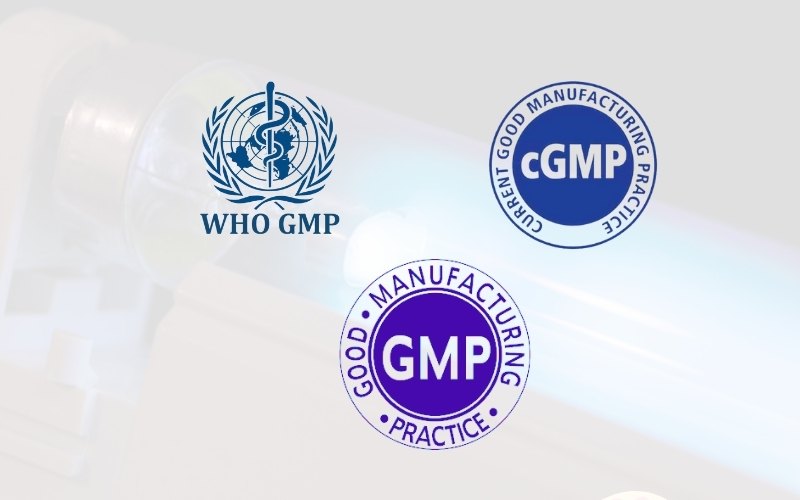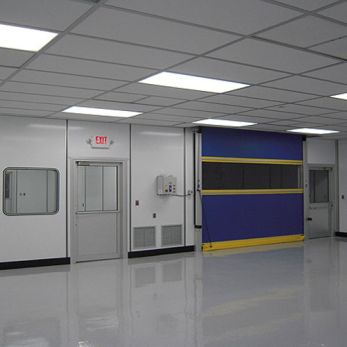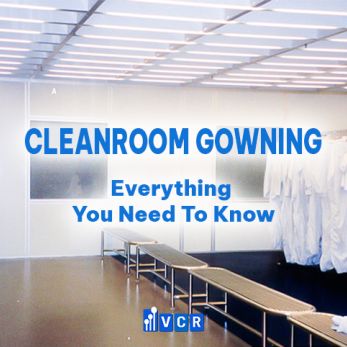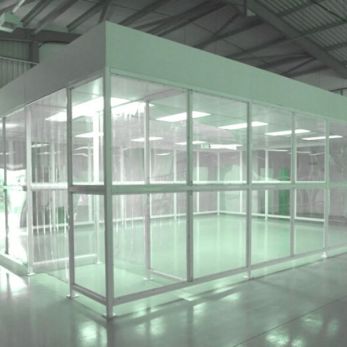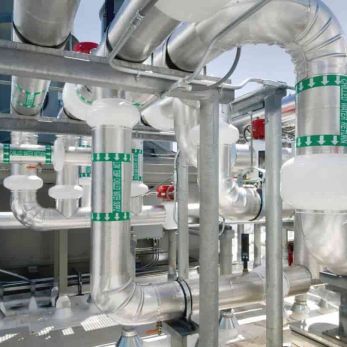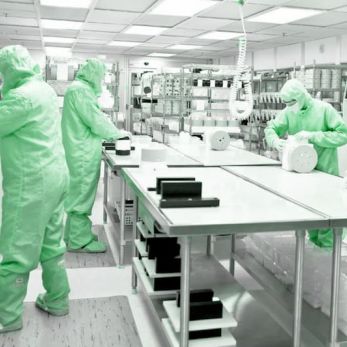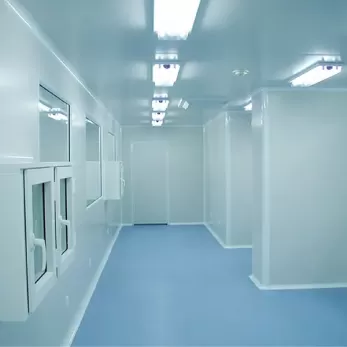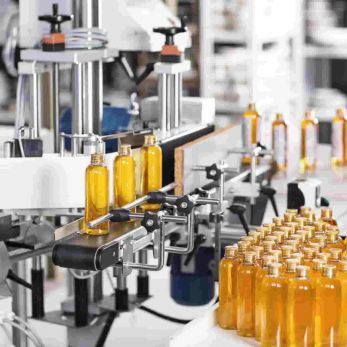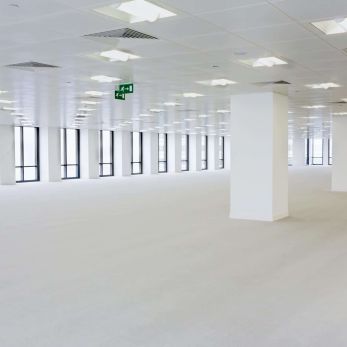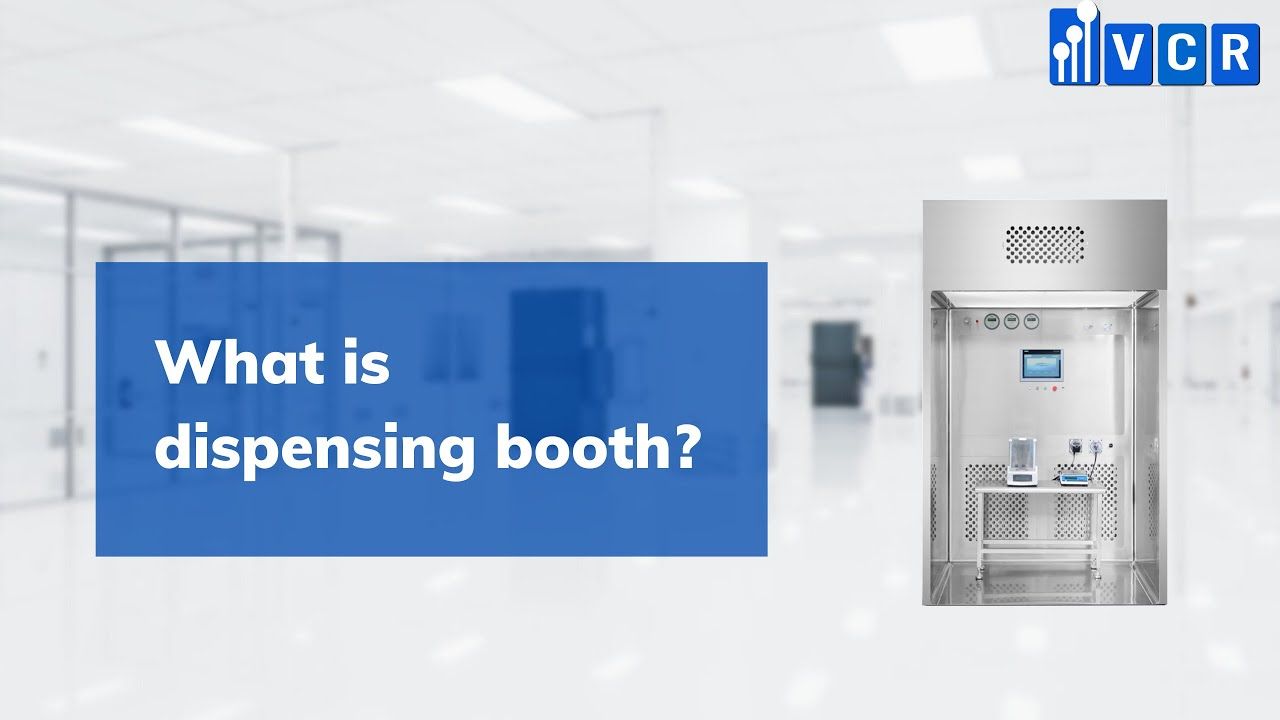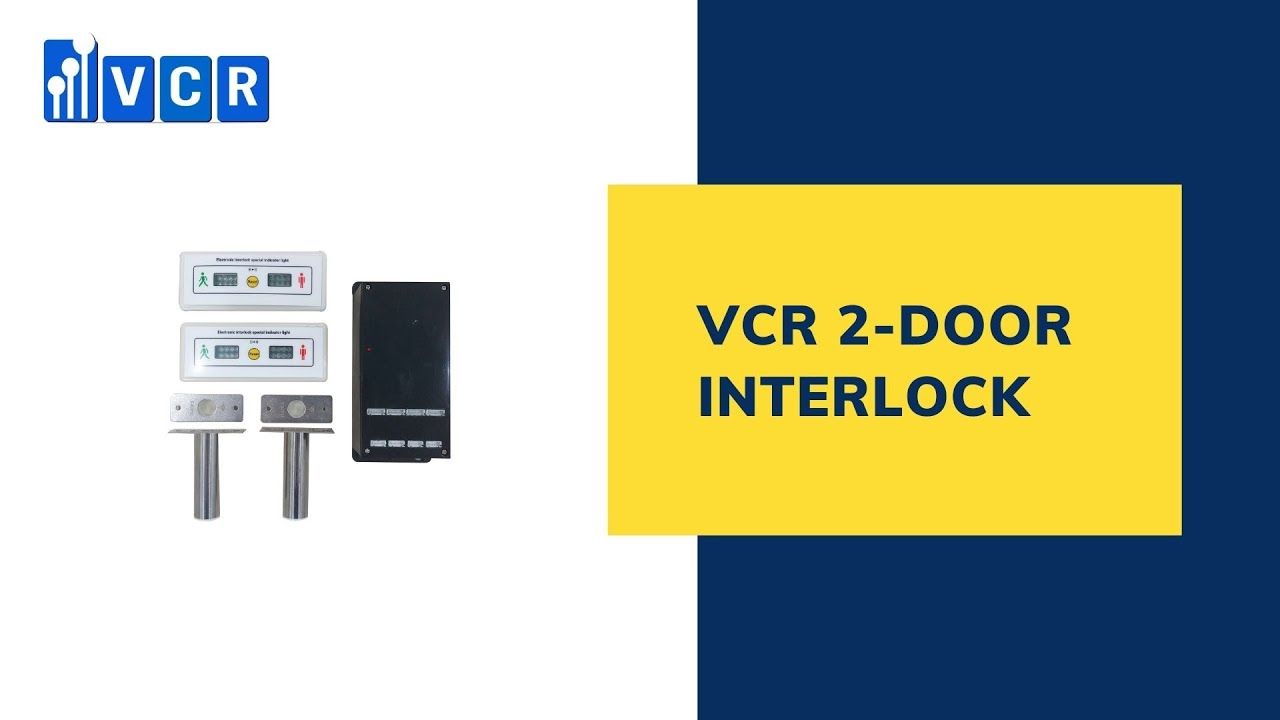Cleanroom Standard Classifications
The term
The term "cleanroom" is initially used in the medical field. A cleanroom requires factors such as dust, temperature, sound, light, pressure, etc controlled within a certain standard. The particle density in the air is controlled in a specified manner according to the specified parameter requirements. The first standard of the cleanroom is concentration. Particularly in the operation, the types of particles are more concerned than the number of particles for a cleanroom.
Cleanroom standards were first introduced in 1963 in the United States and are now common standards.
a. Federal Standard 209(1963)
This standard was first specified in 1963 and then continuously improved to complete versions 209A (1966), 290B (1973)... until 209E (1992).
b. Federal Standard 209E(1992)
This standard defines the concentration of suspended particles in the air according to the standard unit (air volume unit is m3).
Class
Maximum
particles
/m3
ISO Class
≥0.1µm
≥0.2µm
≥0.3µm
≥0.5µm
≥5µm
1
35
7
3
1
ISO3
10
350
75
30
10
ISO4
100
750
300
100
ISO5
1000
1000
7
ISO6
10000
10000
70
ISO7
100000
100000
700
ISO8
c. ISO 14644-1 Standard
The International Organization for Standardization has defined the international standard for clean rooms, ISO14644-1 was released in 1999 called "Classification of air cleanliness". Cleanroom types are specified based on the expression where Cn is the maximum permissible content (number of particles / m3) of air-suspended dust greater than or equal to the considered size. N is the ISO rating, not exceeding 9 and the minimum allowable index of 0.1. D is the particle diameter in tínhm 0.1 here is constant with the dimension µm.
Class
Maximum particles / m3
0.1 um
0.2 um
0.3 um
0.5 um
1 um
5 um
ISO 1
10
2
ISO 2
100
24
10
4
ISO 3
1,000
237
102
35
8
ISO 4
10,000
2,370
1,020
352
83
ISO 5
100,000
23,700
10,200
3,520
832
29
ISO 6
1,000,000
237,000
102,000
35,200
8,320
293
ISO 7
352,000
83,200
2,930
ISO 8
3,520,000
832,000
29,300
ISO 9
35,200,000
8,320,000
293,000
It should be noted that the degree of air pollution in the room depends on the particles produced in the operations of the room, not just the fixed number of the room. It always requires continuous cleaning systems and regulations on room size and number of people, the number of possible operations in the cleanroom.


